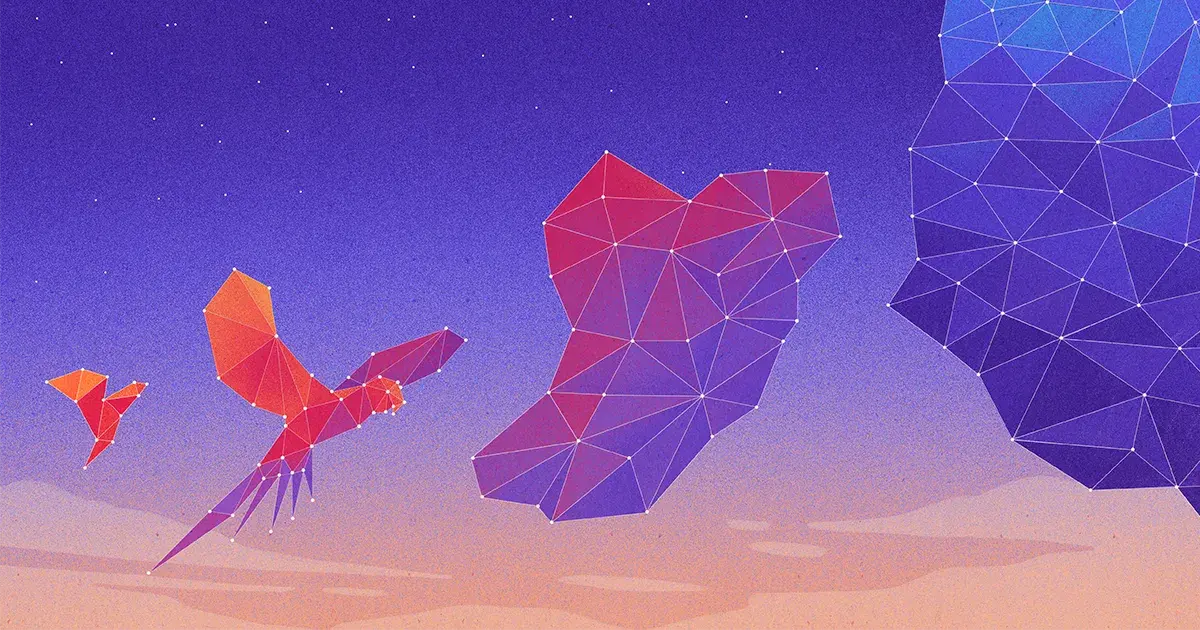- cross-posted to:
- futurology@futurology.today
- chatgpt@lemmy.world
- cross-posted to:
- futurology@futurology.today
- chatgpt@lemmy.world
I’ve been saying this for about a year since seeing the Othello GPT research, but it’s nice to see more minds changing as the research builds up.
Edit: Because people aren’t actually reading and just commenting based on the headline, a relevant part of the article:
New research may have intimations of an answer. A theory developed by Sanjeev Arora of Princeton University and Anirudh Goyal, a research scientist at Google DeepMind, suggests that the largest of today’s LLMs are not stochastic parrots. The authors argue that as these models get bigger and are trained on more data, they improve on individual language-related abilities and also develop new ones by combining skills in a manner that hints at understanding — combinations that were unlikely to exist in the training data.
This theoretical approach, which provides a mathematically provable argument for how and why an LLM can develop so many abilities, has convinced experts like Hinton, and others. And when Arora and his team tested some of its predictions, they found that these models behaved almost exactly as expected. From all accounts, they’ve made a strong case that the largest LLMs are not just parroting what they’ve seen before.
“[They] cannot be just mimicking what has been seen in the training data,” said Sébastien Bubeck, a mathematician and computer scientist at Microsoft Research who was not part of the work. “That’s the basic insight.”



You posted the article rather than the research paper and had every chance of altering the headline before you posted it but didn’t.
You questioned why you were downvoted so I offered an explanation.
Your attempts to form your own arguments often boil down to “no you”.
So as I’ve said all along we just differ on our definitions of the term “understanding” and have devolved into a semantic exchange. You are now using a bee analogy but for a start that is a living thing not a mathematical model, another indication that you don’t understand nuance. Secondly, again, it’s about definitions. Bees don’t understand the number zero in the middle of the number line but I’d agree they understand the concept of nothing as in “There is no food.”
As you can clearly see from the other comments, most people interpret the word “understanding” differently from yourself and AI proponents. So I infer you are either not a native English speaker or are trying very hard to shoehorn your oversimplified definition in to support your worldview. I’m not sure which but your reductionist way of arguing is ridiculous as others have pointed out and full of logical fallacies which you don’t seem to comprehend either.
Regarding what you said about Pythag, I agree and would expect it to outperform statistical analysis. That is due to the fact that it has arrived at and encoded the theorem within its graphs but I and many others do not define this as knowledge or understanding because they have other connotations to the majority of humans. It wouldn’t for instance be able to tell you what a triangle is using that model alone.
I spot another apeal to authority… “Hinton said so and so…” It matters not. If Hinton said the sky is green you’d believe it as you barely think for yourself when others you consider more knowledgeable have stated something which may or may not be true. Might explain why you have such an affinity for AI…
Lol
Lol indeed, just seen you moderate a Simulation Theory sub.
Congratulations, you have completed the tech evangelist starter pack.
Next thing you’ll be telling me we don’t have to worry about climate change because we’ll just use carbon capture tech and failing that all board Daddy Elon’s spaceship to teraform Mars.